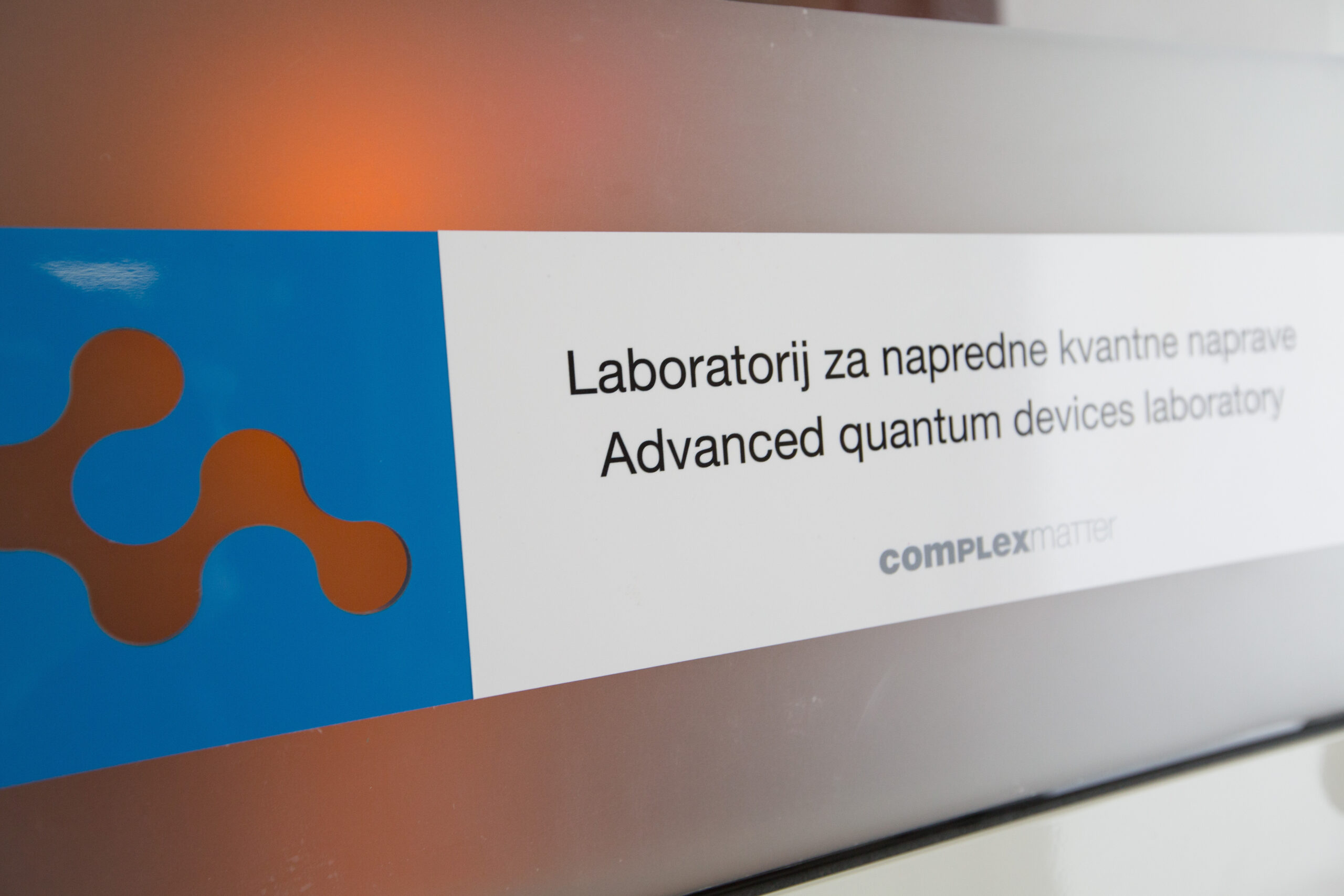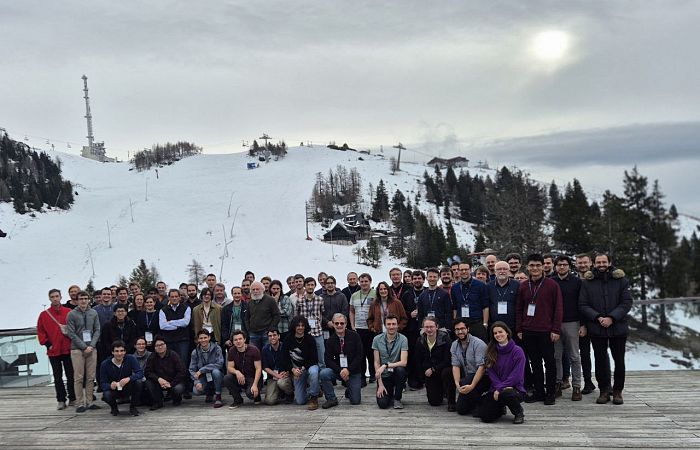While Ge was used for the realization of the first transistor at Bell labs in 1947, only recently has it moved into the focus of attention for its potential for quantum information [1]. In particular, hole gases in Ge/SiGe heterostructures can have high mobilities in combination with strong spin-orbit interaction and electrically tunable g-factors; therefore, planar Ge has emerged as a promising platform for scalable spin qubits. In addition, the recent realization of a proximity induced hard gap in planar Ge devices underlines its potential also for hybrid superconductor-semiconductor devices [2,3]. In this talk, I will report on our efforts in implementing circuit quantum electrodynamics experiments on Ge/SiGe heterostructures, in order to be able to move towards hybrid superconducting circuits [4,5].
On the website, we only use cookies that are permitted in accordance with the ZEKom-1 law. Only cookies that are absolutely necessary for the operation of this website are used. To record page visit statistics, we use a system that only records the session cookie and does not track your further behavior on the website or in connection with other sites. By continuing to use this website, you agree to the use of the described cookies.

